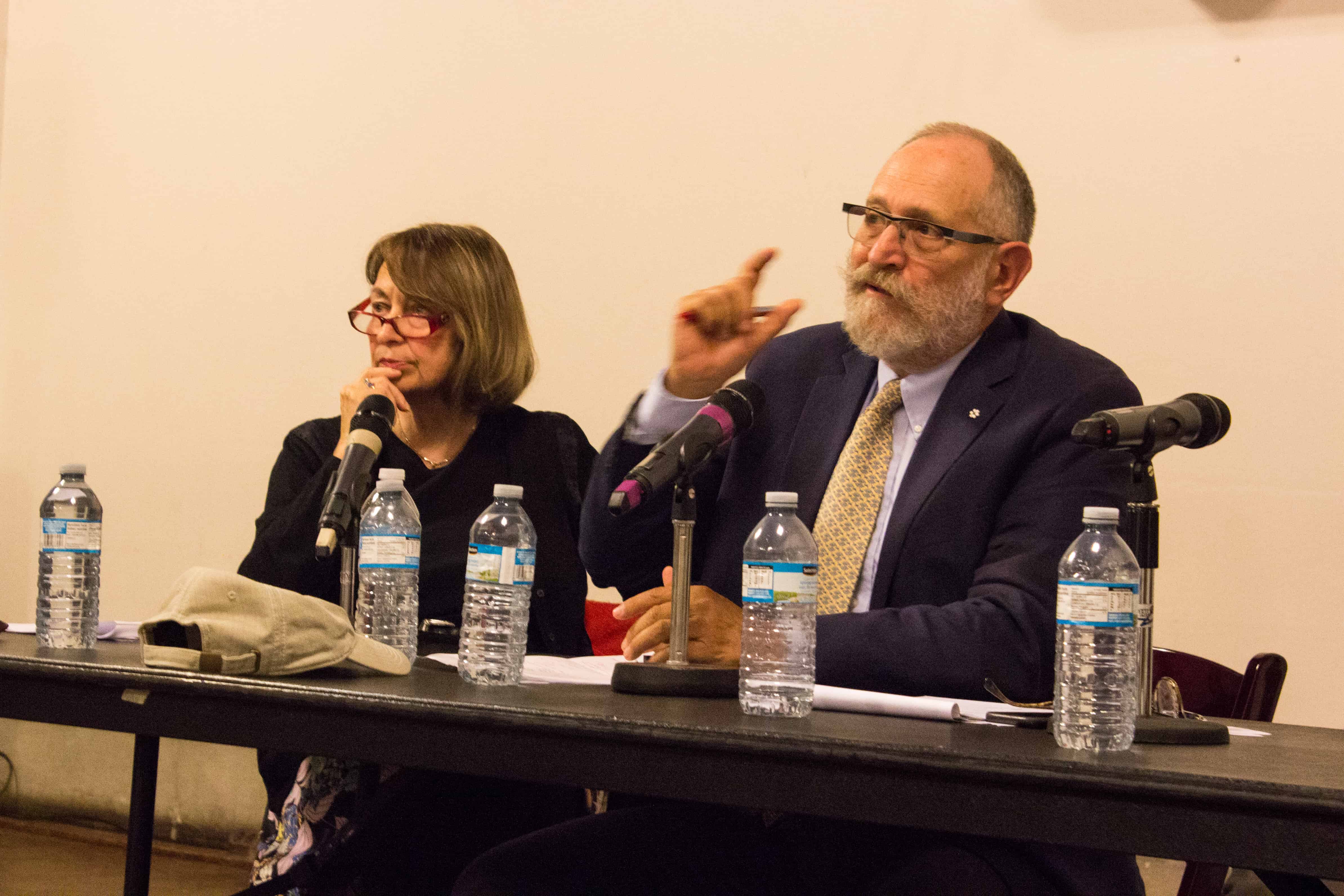On October 10, four guests of the Hart House Debates & Dialogue Committee sat on a panel discussing their views on Justin Trudeau’s first two years as Prime Minister of Canada. The guests included Karim Bardeesy, Dr. Mel Cappe, Dr. Donna Dasko, and Toronto Star columnist Tim Harper, who moderated the event.
The panelists mostly spoke positively about Trudeau, complimenting his ability to create change and his positive reputation among other leaders and among Canadians.
Dasko, the former Senior Vice President of Environics Research Group Ltd., pointed out that a lot of polls regarding Trudeau are inconsistent. She claimed some polls show that Canadians lean toward the Liberal Party in the next election, while some polls have the Conservative Party leading.
Dasko added that another measure of a Prime Minister’s success is to explore their ability to deliver on promises made during their campaigns. She noted that out of Trudeau’s 226 promises made in 2015, 131 of them have been kept, or are in progress, while 54 of them have not been acted on. The remaining 36 have been outright broken, most of them regarding electoral reform.
Dasko cited Trudeau’s promise to run on a deficit, his aggressive approach to the environment, and the upcoming legalization of marijuana as examples of Trudeau’s ability to deliver change, which she said was another way to measure the success of a Prime Minister.
“I think the implementation is an issue,” Dasko told The Varsity, discussing Trudeau’s ability to effect change. “When I was talking about change, I was trying to emphasize what I see as a very significant policy change from the previous government. The real test of that will be the ability of the government to implement these changes. So it’s not just passing legislation, it’s actually implementing them.”
Cappe, the former clerk of the Privy Council of Canada, and most recently Canada’s high commissioner to the United Kingdom, pointed out that Trudeau is now the oldest among the party leaders. New Democratic Party leader Jagmeet Singh and Conservative Party leader Andrew Scheer are both 38 years old. Cappe also stated that if he were to assess Trudeau as he would a 4th year university student, he would score around 80 per cent.
Cappe stated that Trudeau did well on most of the criteria he used in his assessment, which included how Trudeau has changed how Canadians view themselves, how they are viewed abroad, how he left the Canadian economy, what he has done for human rights and security, and whether he could win another election. Cappe’s major concern was Trudeau’s broken promise to deliver on electoral reform.
Bardeesy, a former Director of Policy to the Premier of Ontario, started by stating that the Liberal Party is planning for multiple terms. He pointed out Trudeau’s struggles with NAFTA renegotiations. However, he sees this as a missed opportunity to explain the benefits of trade to Canadians. Bardeesy said that Trudeau does well in representing Canadian identity, and other leaders are competing in this way. He believes that Trudeau will possibly receive backlash in the future, regarding a possible terrorist attack, and focusing too much on Indigenous issues.
The event had a high turnout, with many people asking detailed questions. The speakers were impressed by the students’ interest in the topic.
“What’s exciting is when you see young people coming out to talk about politics, which can be a really boring topic,” Dasko stated.


